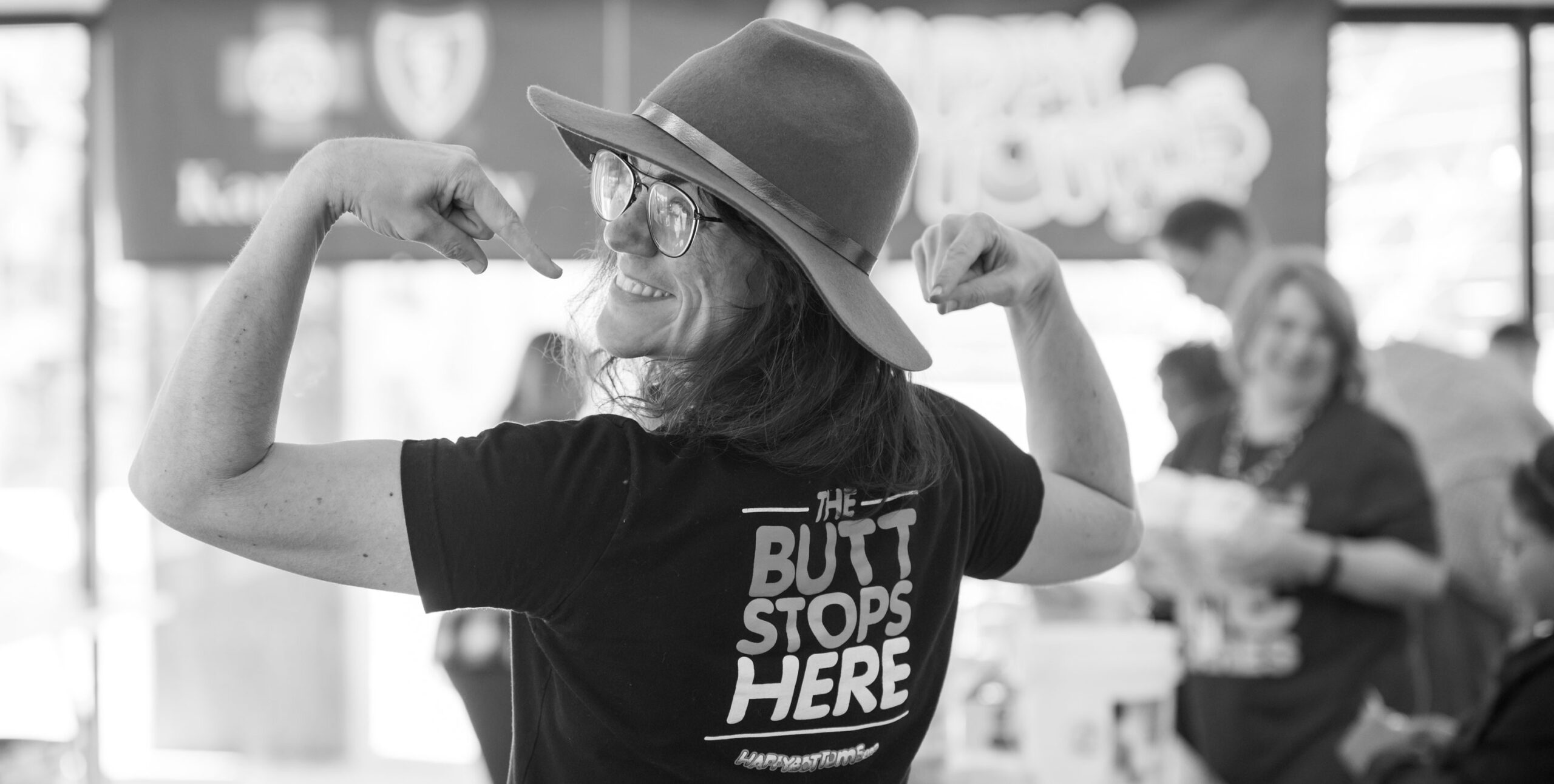
Local Issues
Your involvement at the local level can be instrumental toward bringing awareness to diaper need as well as lack of access to other basic needs. Look for opportunities to get involved with your local diaper bank and anti-poverty community.
Diaper Need in Your Community
Policies to address diaper need can be enacted at the local level to make diapers available to families. Look to see what your local community has done to assess the diaper and health needs and children and families. Here are examples of counties that have conducted health assessments to find out just that!
Alachua County Children’s Services Needs Assessment 2016 – Alachua County and the WellFlorida Council, a state designated local health council, partnered to conduct a children’s services needs assessment to gain perspective on the major issues impacting school readiness for children, prenatal to 5, as well as the contributing factors associated with those issues.
King County Community Health Indicators – Trends over time 2000 forward – A collaborative of 12 hospitals and health systems in King County and Public Health – Seattle & King County – joined forces to identify the most important health needs and assets in the communities they serve.
Partnerships
Public/Private Partnerships
Here are examples of public/private partnerships between local agencies and local diaper banks:
- In San Francisco, California, the city and county Human Services Agency has contracted with Help A Mother Out, a local diaper bank, to provide diapers to all residents with children under 3 years old enrolled in TANF through the Family Resource Centers in the city and the HSA offices.
- In Westchester County, New York, the Junior League has partnered with the County Department of Social Services to create the Westchester County Diaper Bank. The Junior League collects diapers and funds to buy diapers and the County stores the diapers in their warehouses and distributes to families in need through their offices.
- In Toledo-Lucas County, Ohio, the Getting to 1 Diaper Bank was started as a pilot project of the County Health Department and Hospital Council of Northwest Ohio, in collaboration with the local chapter of the Salvation Army to provide diapers for families enrolled in certain home visiting programs.
- In Harrison County, Iowa, the County Home and Public Health Department Diaper Bank provides diapers free of charge to residents.
Partnerships with Other Antipoverty Programs
Make sure you are tied in with the local antipoverty community in your town. Food-based programs, disadvantaged youth programs, organizations for increasing minimum wages or providing work supports, programs in support of universal preschool and expanding child care, all could be natural allies.
Here are some national organizations that have may have local chapters in your community:
Feeding America — a national network of food banks, and a leading advocate on hunger issues.
RESULTS — a grassroots network of anti-poverty advocates. Find a chapter near you, or start one!
Catholic Charities — the official domestic relief agency of the Catholic Church
Community Action Partnership — a network of Community Action Agencies addressing the causes and effects of poverty in their communities.
Partnerships with Government Services
Diaper programs can develop effective partnerships with local government services short of creating a municipal diaper bank. They can be co-located, refer clients/screen clients, and generally partner so that clients can minimize any additional waiting, paperwork, or traveling around to get diapers and other services.
Some government programs you might want to consider approaching, and nonprofit organizations that support them:
- WIC office
- The National WIC Association is a nonprofit education arm and advocacy voice of the Special Supplemental Nutrition Program for Women, Infants, and Children.
- Early Head Start/Head Start
- The National Head Start Association is the nonprofit education arm and advocacy voice of the Head Start and Early Head Start readiness programs.
- Child care programs for student parents
Top photo: Volunteer for HappyBottoms, Kansas City
